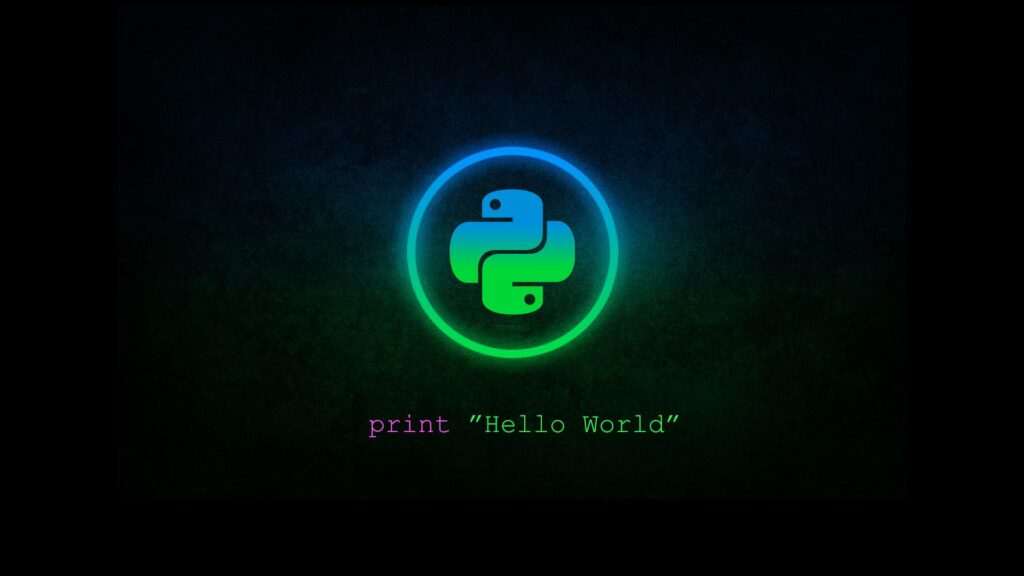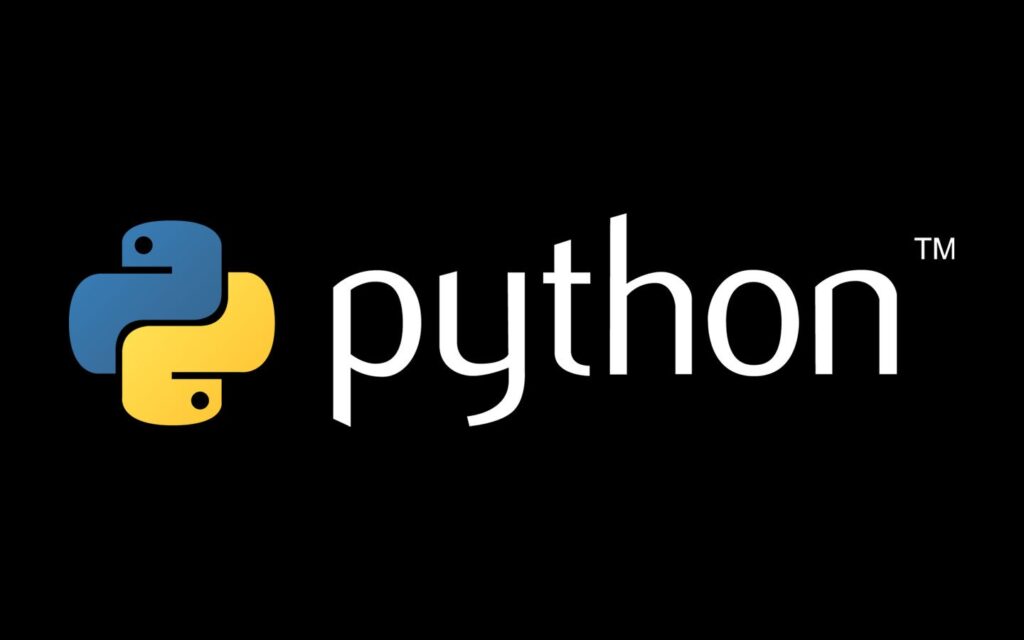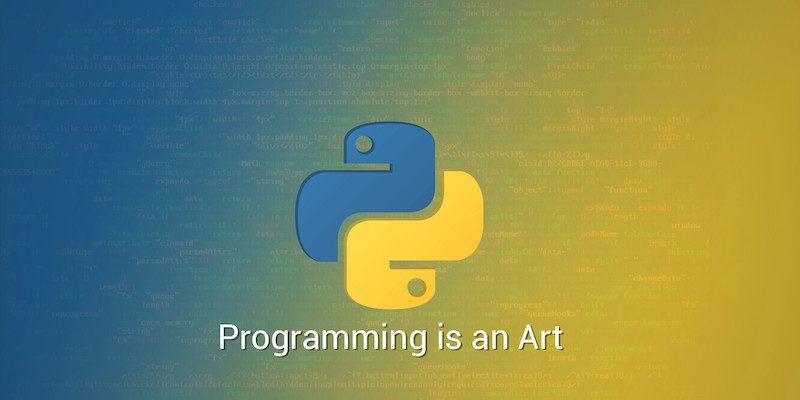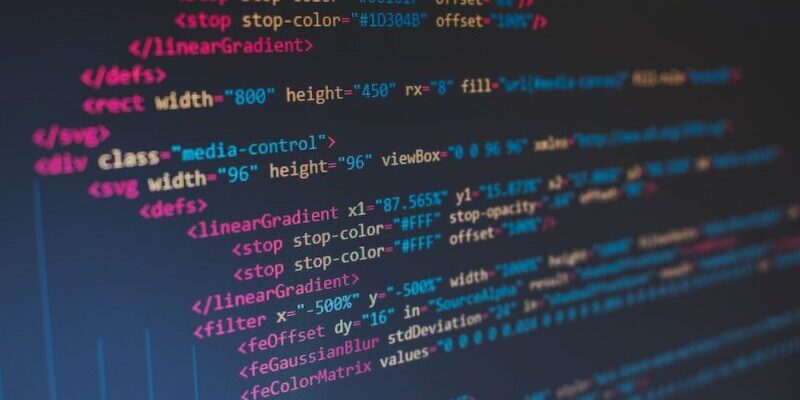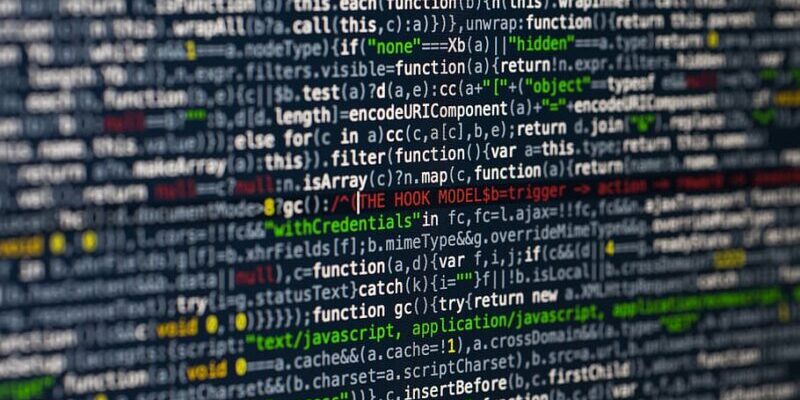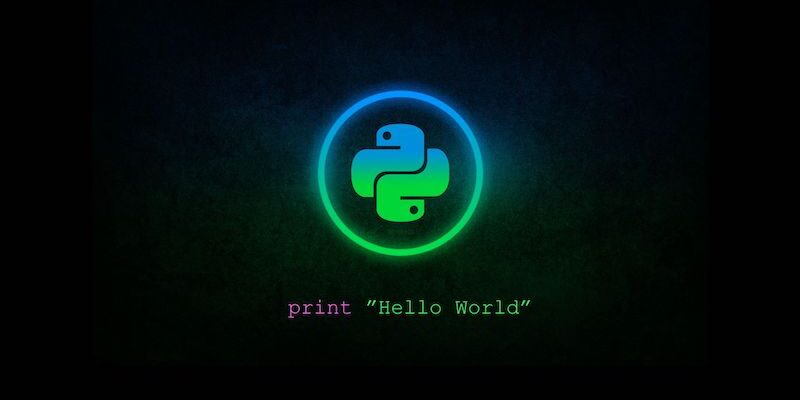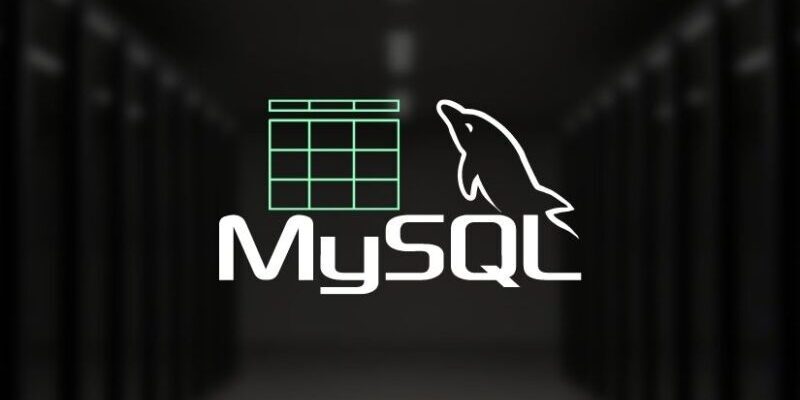The article discusses the DBSCAN clustering algorithm, a density-based unsupervised learning algorithm. Unlike other methods, it is one of the most widely used clustering methods because it can handle clusters of any shape. The article explains the essential parameters in DBSCAN, including the maximum distance between two samples, the minimum […]
Devamını Oku
Clustering is an essential technique in data analysis and machine learning that helps to identify patterns and relationships between data points. DBSCAN (Density-Based Spatial Clustering of Applications with Noise) is one such clustering algorithm widely used in many applications due to its ability to identify clusters of different shapes and […]
Devamını Oku
If you have some experience with object-oriented programming languages like Java or C++, you might be familiar with the concepts of getters and setters. These unique methods allow you to access and modify the attributes of a class while maintaining encapsulation and data validation. In Python, however, getters and setters […]
Devamını Oku
The Model-View-Controller (MVC) architecture is available in Python, and many web frameworks follow this architecture. Here are some popular Python web frameworks that follow the MVC pattern: Framework Description Django Django is a full-stack web framework with an ORM, a templating engine, and many other features for building web applications. […]
Devamını Oku
Learn how to use Structural Design Patterns to create code that is easy to understand and maintain. Structural Design Patterns are a way to create code that is easy to understand and maintain. They provide a way to assemble objects into complex, easy-to-understand, and maintained structures. There are five main […]
Devamını Oku
Learn how to use creational design patterns to create objects more flexibly and reusable. Creational design patterns are a way to create objects more flexibly and reusable. They provide a way to decouple the creation of objects from their use, which makes it easier to create and manage objects, and […]
Devamını Oku
Learn how to use design patterns to write better, more maintainable code Design patterns are reusable solutions to common software design problems. They provide a shared vocabulary for discussing design problems and answers and can help you write better, more maintainable code. What are Design Patterns? A design pattern is […]
Devamını Oku
Do Not Use If-Else For Validating Data Objects In Python Anymore In Python, it is common to use if-else statements to validate data objects. However, this can be error-prone and difficult to maintain. Cerberus is a Python library that provides a more elegant and efficient way to validate data objects. […]
Devamını Oku
PyCharm is an IDE that makes it easy to build Python applications. To build a web app in Python with PyCharm, create a new project and select the “Web Application” project type. Once you have created a new project, you will need to add the following dependencies to your project: […]
Devamını Oku
The MySQL IFNULL() function is handy for handling NULL values in your queries. It allows you to specify a default value to be returned if a NULL value is encountered. This can be helpful for a variety of tasks, such as: Body: Syntax of the IFNULL() Function The syntax of […]
Devamını Oku
